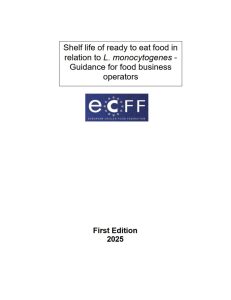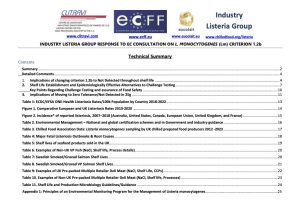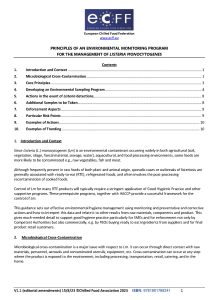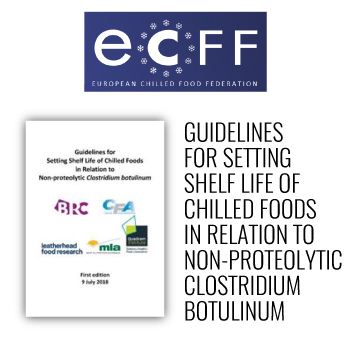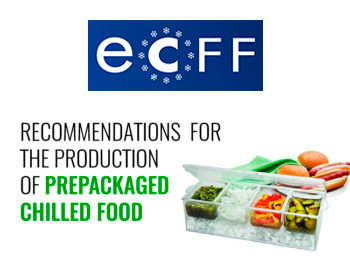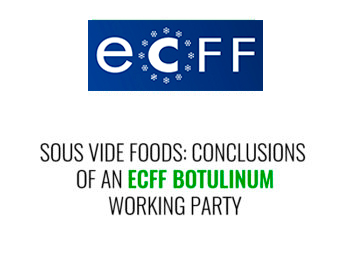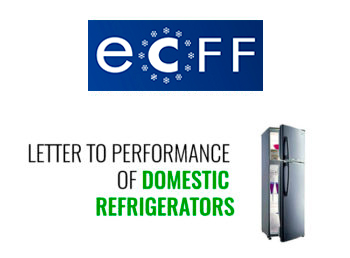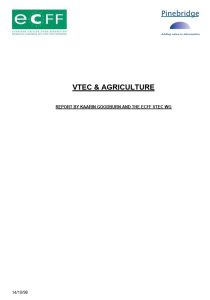
ECFF VTEC and Agriculture Report
This 1998 Report produced in conjunction with the ECFF VTEC Working Group provides a compilation of information on the occurrence and control of VTEC (now referred to as STEC) and makes recommendations as to any changes required to be made to the ECFF Guidelines.
The report should be viewed as a working document. Initial recommendations are made, however, with respect to the current requirements of the ECFF Recommendations and of areas for further work. These sections have since been developed further, e.g. in CFA’s Microbiological Guidance for Growers and related guidance, and elements of Global GAP and national produce safety assurance schemes.
Although the Report focuses on VTEC/STEC, it should be borne in mind that there is potential for the transferability of stx (shigatoxin) genes to other microorganisms.
The product focus is chilled ready to eat foods as these will not necessarily be subject to a treatment which would eliminate the risk of VTEC/STEC being present.
Download document
Industry Listeria Group Response to EC Consultation on L. Monocytogenes
ECFF joint submission (May 2024) with CLITRAVI, Eucolait & the Industry Listeria Group to the EU on its proposals to amend hashtag Listeria monocytogenes criterion 1.2b in 2073/2005.
Download document
Principles of an Environmental Monitoring Program for the Management of Listeria monocytogenes
This guidance sets out effective environmental hygiene management using monitoring and preventative and corrective actions and how to interpret this data and relate it to other results from raw materials, components and product. This gives much-needed detail to support good hygiene practice particularly for SMEs and for enforcement not only by Competent Authorities but also commercially, e.g. by FBOs buying ready to eat ingredients from suppliers and for final product retail customers.
Download document
UK food industry and UK and Australian research organisations have produced this guidance, which is designed to ensure that sufficient information is provided by Food Business Operators and laboratories to arrive at valid decisions regarding the shelf life of chilled foods in relation to non-proteolytic Clostridium botulinum. The Guidelines are intended to also support FBOs when challenged by Competent Authorities.
The Guidelines summarise in an accessible way:
- How Food Business Operators should establish shelf life in relation to non-proteolytic Clostridium botulinum,
- What needs to be considered and what actions need to be taken to determine whether challenge testing is appropriate before contacting a laboratory,
- Global best laboratory practice in the design of challenge testing with non-proteolyticClostridium botulinum in order to give valid scientific data, and
- How to use these data to establish safe shelf life with respect to non-proteolyticClostridium botulinum
Considering the importance and prestige of the sources and the completeness of the document, ECFF Members have endorsed the Guidelines as a valid tool for the chilled Sector.


